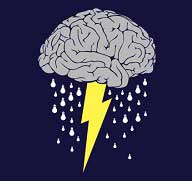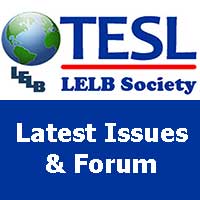Functionalism
Functionalism proposes that Universal Grammar can ultimately be explained without recourse to a special language organ that takes up where cognition leaves off. It attempts to rectify a lack of emphasis on learning in the rationalist perspective. The source of knowledge is proposed to lie in the input, not in the mind. Discoveries are made “during processing of the structure inherent in the input”. The mechanisms of acquisition lie in inductive learning. Language acquisition “is guided by form-function correlation”. The relation between input data and the child mind/brain is direct and input-driven. The approach is founded on an interpretation of linguistic functionalism: “the forms of natural languages are created, governed, constrained, acquired and used in the service of communicative functions”, which attributes a causal and reinforcing role to pragmatic factors in linguistic competence.
Symbolic rules, principles or constraints are replaced by physical architecture and its functions. Symbolic representation of the input data and computation over this representation are bypassed initially, and only emerges as a “property of the network’s functioning”.

Language acquisition is viewed not as a cognitive problem, but as “a perceptual motor problem”. Language development involves “a process of emergence” form connections, not a cognitive construction based on cognitive computation over symbolic representation; “something new seems to emerge from out of nowhere” through a combination of biology and connectionism involving match and mismatch between inputs and outputs.
In contrast with Chomsky’s Rationalism. It reveals a central concern for understanding the interaction of children with the input data during the time course of language acquisition.



